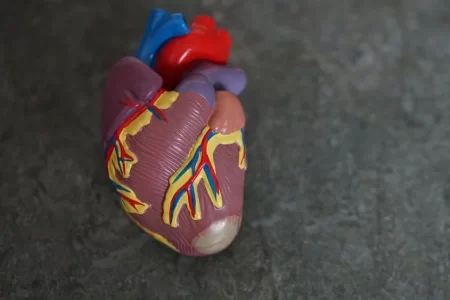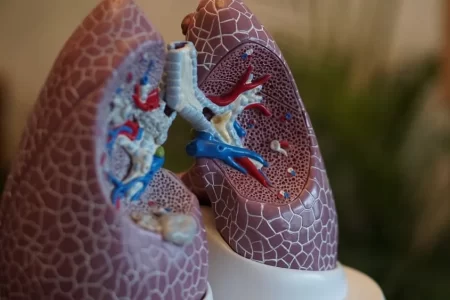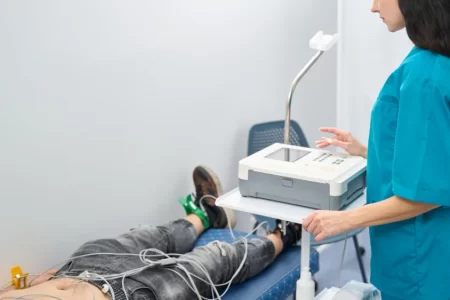Understanding Diarrhea ICD-10 Codes: A Comprehensive Guide
- Updated on: Feb 29, 2024
- 3 min Read
- Published on Sep 5, 2023

What is ICD-10?
A standardized method for categorizing illnesses, disorders, and medical treatments is called the International Classification of Diseases, 10th Edition (ICD-10). Healthcare practitioners may convey diagnostics and treatments using it as a global language. Diarrhea is one of many different health conditions that are accurately described by ICD 10 codes, which are alphanumeric numbers.
The Importance of Accurate Coding
Accurate coding is crucial in the healthcare industry for several reasons. It ensures that medical records are clear and consistent, facilitating effective communication among healthcare providers. Additionally, correct coding is essential for insurance claims, billing, and statistical analysis of diseases and conditions.
Common Diarrhea ICD-10 Codes
ICD-10 codes, which are alphanumeric designations for numerous medical diseases, including diarrhea, are used by healthcare practitioners to classify and group them. For the purposes of medical billing, insurance claims, and scientific study, these codes assist in standardizing the reporting of illnesses and ailments. Here is an explanation of a few typical ICD-10 codes for diarrhea:
Acute Diarrhea (ICD-10 Code: A09): This code is used for cases of short-term or sudden-onset diarrhea. It can result from various causes, such as infections, food poisoning, or other gastrointestinal issues.
Infectious Gastroenteritis:
- Viral Gastroenteritis (e.g., Norovirus) (ICD-10 Code: A08.1): This code is used when the diarrhea is caused by a viral infection in the gastrointestinal tract, like the highly contagious norovirus.
- Bacterial Gastroenteritis (e.g., E. coli Infection) (ICD-10 Code: A04.9): This code is used when the diarrhea is caused by bacterial infections, such as E. coli, often associated with contaminated food or water.
Traveler’s Diarrhea (ICD-10 Code: A09.0): This code is specifically for diarrhea that occurs during or shortly after traveling to regions where the local environment or food may not be well tolerated by the traveler’s digestive system.
Antibiotic-Associated Diarrhea (ICD-10 Code: K52.2): This code is used when diarrhea occurs as a side effect of taking antibiotics. Some antibiotics can disrupt the normal balance of bacteria in the gut, leading to diarrhea.
Chronic Diarrhea:
Non-Infectious Chronic Diarrhea (ICD-10 Code: K59.1): This code is used for persistent or long-term diarrhea that is not caused by infections but may be due to underlying medical conditions or dietary issues.
Irritable Bowel Syndrome with Diarrhea (IBS-D) (ICD-10 Code: K58.0): This code is specifically for cases of irritable bowel syndrome where diarrhea is the predominant symptom.
These ICD-10 codes are crucial for healthcare professionals to precisely define and categories various kinds of diarrhea, enabling more accurate diagnosis, treatment, and monitoring of these disorders within the healthcare system. It streamlines insurance billing and healthcare research while ensuring that healthcare practitioners can communicate effectively about a patient’s status.
Coding Diarrhea in Medical Records
Primary Diagnosis vs. Secondary Diagnosis
When coding diarrhea in medical records, it’s essential to distinguish between primary and secondary diagnoses. The primary diagnosis should reflect the patient’s primary reason for seeking medical attention, while the secondary diagnosis may include conditions related to diarrhea.
Using Additional Codes
In some cases, additional codes may be necessary to provide a more comprehensive picture of the patient’s health. These codes can indicate the underlying cause of diarrhea or any associated symptoms.
ICD-10 Coding Examples
Let’s explore some practical examples of how diarrhea can be coded using ICD-10:
- A patient presents with acute diarrhea due to a viral infection. The primary code is K52.9, indicating acute diarrhea. An additional code B34.9 for the viral infection may be used.
- A patient with chronic diarrhea related to an underlying condition such as Crohn’s disease would have the primary code K52.1, chronic diarrhea, with an additional code specifying the underlying condition.
Coding Challenges and Specificities
Mixed Diarrhea
In some cases, patients may experience mixed diarrhea, which includes features of both acute and chronic diarrhea. Accurate coding in such scenarios is essential to reflect the complexity of the condition.
Postoperative Diarrhea
Postoperative diarrhea can occur as a result of surgery or anesthesia. Proper documentation and coding are necessary to identify the cause and address it effectively.
Pediatric Diarrhea
Coding diarrhea in pediatric patients requires special attention, as the causes and treatment approaches may differ from those in adults.
Conclusion
Both patients and healthcare workers must understand the ICD-10 codes for diarrhea. Correct coding guarantees clear communication, appropriate care, and successful healthcare administration. Healthcare professionals may give the best treatment possible to patients with diarrhea by adhering to the rules and using the relevant codes.












